Six UG and UMCG researchers awarded Vidi grant
The Dutch Research Council (NWO) has awarded a Vidi grant of up to €800,000 to Johannes E.M.N. Klein, Nikolay Martynchuk, Tessa Quax, Monique van der Wijst, Arianna Bisazza and Çigdem Bozdag. With this grant, the researchers can develop their own innovative five-year research plans and can establish their own research groups.
Vidi grants are intended for experienced researchers who have been conducting successful research for some years after gaining a PhD. Alongside the Veni and Vici grants, the Vidi grant is part of the NWO Talent Programme. Within this programme, researchers are free to submit their own topics for funding. In total, 551 researchers submitted their research proposals in the hope of acquiring funding during this round of Vidi applications. 97 of these proposals were honoured.
UG/UMCG researchers who have been awarded a Vidi grant:
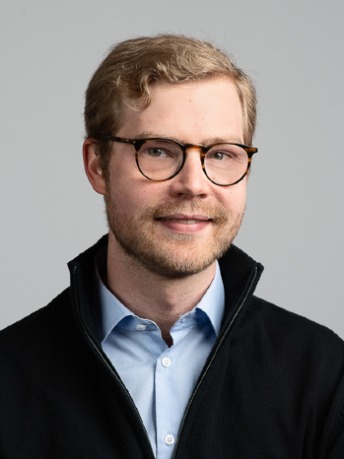
Dr Johannes Klein (Faculty of Science and Engineering)
Gold and oxygen: Turning foes into friends
This project investigates the troubled relationship between the elements gold and oxygen and how this relationship can be remedied to develop new tools for the modification of organic compounds. These new tools will use two gold atoms to create new catalysts and use light to activate them. In these catalysts the two gold centres will communicate with each other to jointly convince oxygen-based ligands to participate in new reactions.
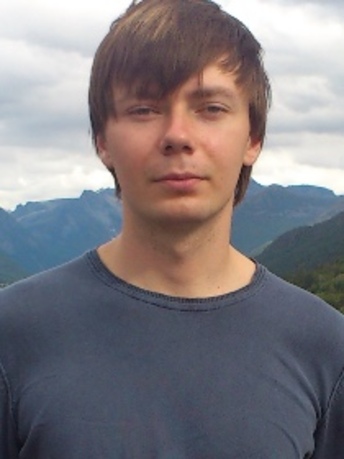
Dr Nikolay Martynchuk (Faculty of Science and Engineering)
Finding monodromy in perturbations of classical and quantum integrable systems
Various systems in physics, chemistry, and mechanics are perturbations of integrable models. Geometrically this means that the system exhibits approximately regular dynamics, while its quantum properties can locally be modelled on a lattice.This research focuses on the following question: which part of the geometry of an integrable model is stable under small perturbations and can therefore be found also in the original system? This question will primarily be investigated in the context of the so-called “quantum monodromy” phenomenon and its generalisations, which are very frequently observed in concrete examples of integrable models.
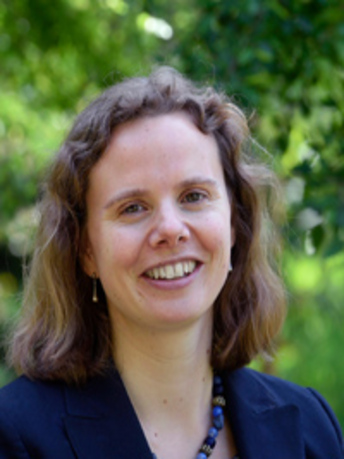
Dr Tessa Quax (Faculty of Science and Engineering)
How viruses change the function of archaeal cells
Archaea are the most recently discovered domain of life. These micro-organisms thrive in many environments, from hydrothermal vents to our gut. Viruses infect archaea. During infection, viruses change the behavior of micro-organisms, for example by altering the cell surface. This results in increased attachment to materials or an escape from the human immune system. These changes are hardly mapped for archaeal viruses. This project will unravel the underlying mechanisms, stimulating the development of methods to characterize and manipulate the virus-induced changes in archaea. It will thus contribute to application of archaea in bioenergy-production and restoring the balance in our gut.
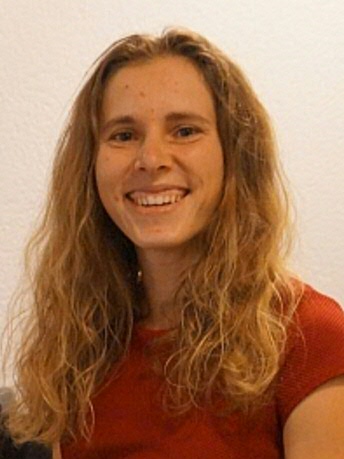
Dr Monique van der Wijst (UMCG)
Are your immune cells destined for greatness or for failure?
Even though all your cells inherit the same DNA from your parents, there is a great diversity of cells in your body: from skin cells to brain cells. Even when we zoom in on the same cell type, these seemingly identical cells look and behave a little bit differently from each other. It is largely unclear where this variation between seemingly identical cells comes from and how it may impact your health. The researcher will develop a “time machine for cells” to study this phenomenon in immune cells and explore how it affects their behavior in response to pathogen exposure.
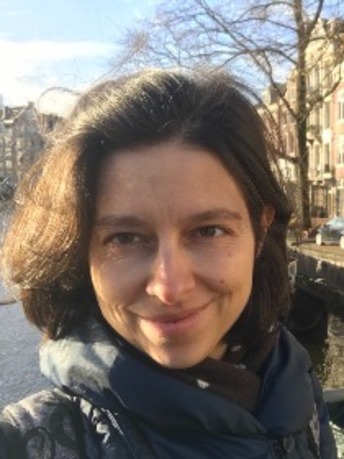
Dr Arianna Bisazza (Faculty of Arts)
Polyglot Machines: Human-like Learning of Morphologically Rich Languages
This project aims to improve the quality of language technologies for a broad class of world languages characterised by many different and complex word forms (morphology), which are particularly challenging for current machine learning models. To achieve this, the project will draw inspiration from the human process of language acquisition. New models will be trained on data that resemble the sentences spoken to children acquiring morphologically rich languages. This will lead to more equitable provision of language technologies worldwide.
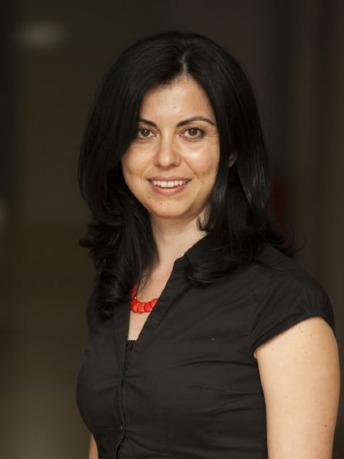
Dr Çigdem Bozdag (Faculty of Arts)
Migrant generations in the digital society: a multi-level study of socio-cultural factors influencing digital inclusion
The ability to effectively use digital technologies has become a prerequisite for participating in many spheres of social life. Digital inclusion implies that all citizens have an equal chance to participate in the digital society. This project will study the digital inclusion of migrant generations in the Netherlands and develop a new conceptual framework focusing on socio- cultural factors that affect digital inclusion. The team will analyse users, policies, public initiatives and educational practices – a multi-level approach to identify the overlaps and disconnects between the perspectives and needs of different actors, which will ultimately inform more effective policies for digital-inclusion.
| Last modified: | 29 June 2023 3.52 p.m. |
More news
-
06 May 2024
Impact: Utilization of geospatial data within international development cooperation
One of students nominated for the Ben Feringa Impact Award 2024 is Jonas Göbel. Göbel is nominated because of his internship research around the utilization of geospatial data in the field of international development cooperation.
-
03 May 2024
NWO Impact Explorer for Suzanne Manizza-Roszak's impactful postcolonial literary research
Suzanne Manizza-Roszak, Assistent Professor English at the Faculty of Arts has received an Impact Explorer grant from the Dutch Research Council (NWO) for her postcolonial literary research and the project to translate the results into social...
-
29 April 2024
Learning to communicate in the operating theatre
The aios operates, the surgeon has the role of supervisor. Three cameras record what happens, aiming to unravel the mechanisms of 'workplace learning'.
